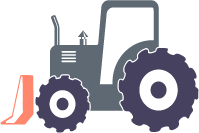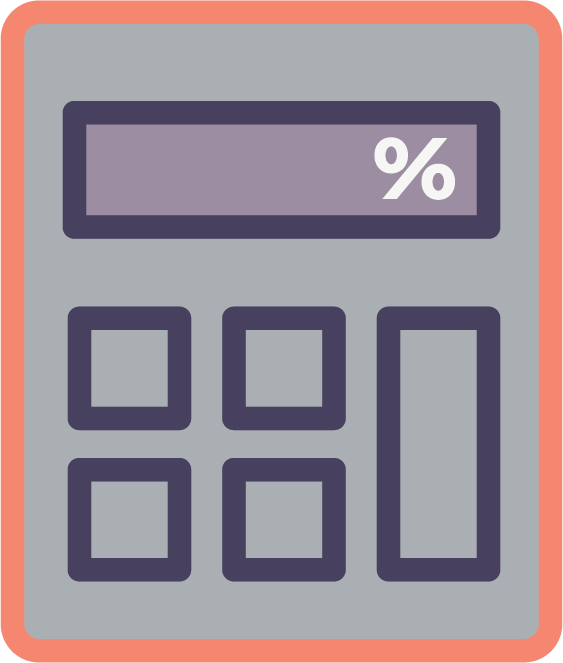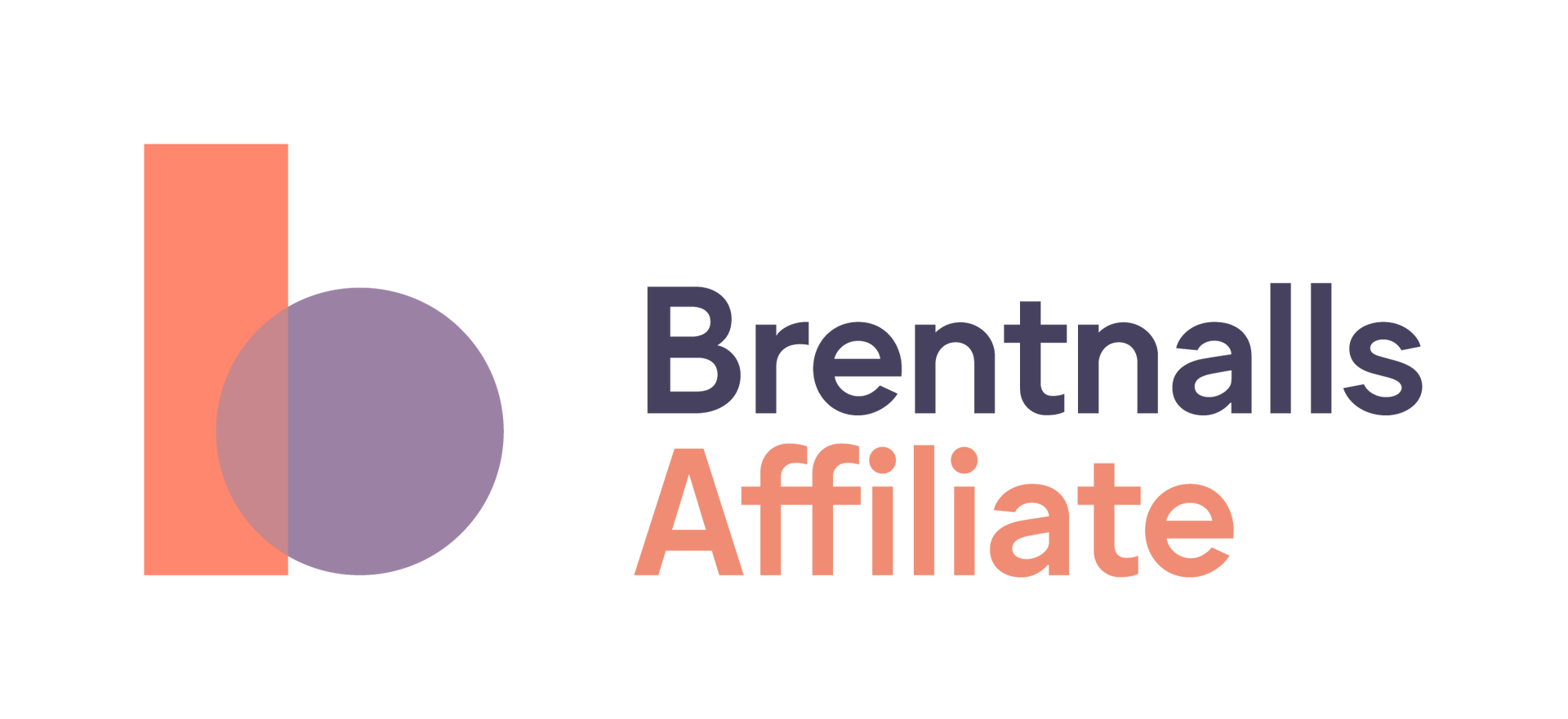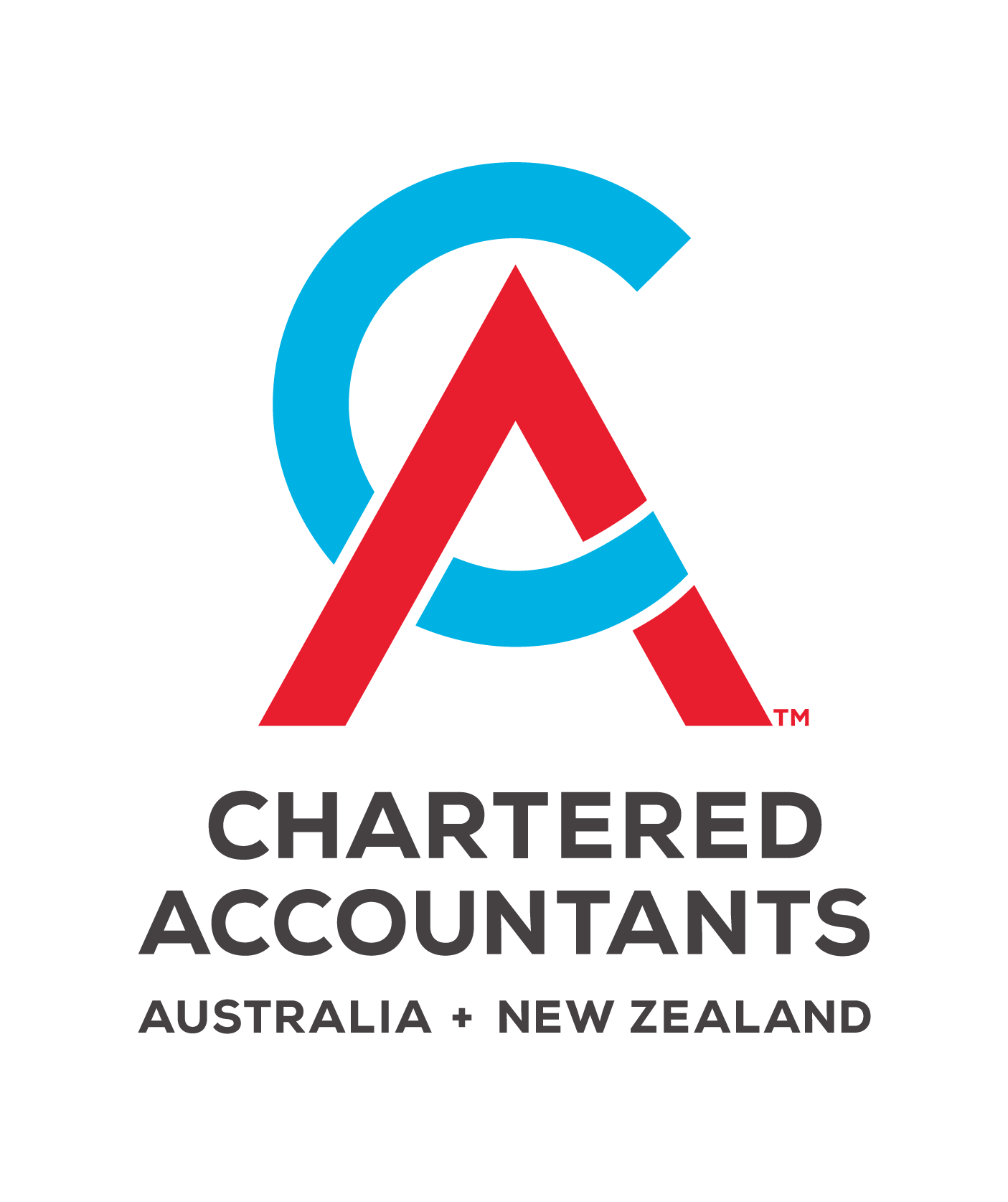News Articles
Record keeping is no one’s favourite chore, but it can play a key role in the success of your agribusiness. We offer simple strategies to manage your records.
Mention ‘record keeping’ and thoughts of tax obligations often come to mind.
However, strong record keeping goes beyond ATO requirements.
The reality is that good record keeping makes good business sense, helping you:
- Understand how your agribusiness is performing,
- Manage assets and liabilities, and
- Have the paperwork available that lenders may ask for if you apply for finance.
Organising the paperwork
Over time your agribusiness can amass large quantities of records so it’s important to take an organised approach to storing documents. You need to know where key documents are stored whenever you need them.
A useful starting point is to maintain a spreadsheet that sets out where different items of paperwork are kept. Let’s take a look at a few practical examples.
Land and property:
Documents relating to your landholdings are particularly important.
If you need to use a property as security for finance, you may be asked to supply evidence of title deeds. So, it really is a good idea to store the paperwork in a secure place.
Your spreadsheet listing related to land and property doesn’t only have to include information about certificates of title. It can also note records such as land rates, annual valuer general valuations, and any valuations obtained from other sources.

Farm plant and equipment:
Spreadsheet entries for major items of plant and equipment can include information along the lines of:
- Identifying details such as vehicle registration, VIN or serial numbers,
- Date and purchase value,
- Insured value and insurer, and
- Whether the equipment is under finance (and with which lender).
These details can be useful if you need to make a claim on insurance or warranty, or if you are trading in equipment as part of a new purchase.
Having these details on-hand can also help you develop a timeline of likely replacement dates for farm machinery.

Yields and prices:
Maintaining these sorts of records helps you identify improvements in crop yields – both over time, or as a result of specific measures such as a change in fertiliser or stocking levels.
What matters is that records of yields and crop/livestock prices can be instrumental to drawing up accurate budgets and forecasts, which a lender may ask to see if you apply for funding.
Equally, these records can be valuable if you sell an individual allotment or your entire agribusiness.
Where to store your records – hard copy or cloud?
As the business world increasingly embraces digitisation, you have the choice of storing many records in hard copy or the cloud.
Cloud storage offered by the likes of Dropbox and Google Drive simply means your digital data is stored on servers in off-site locations. It’s convenient but it can also come at an extra cost. Your accounting software may also offer a storage facility for this documentation.

Learn more
Maintaining good records can be more complex than it seems.
Brentnalls SA can help you understand your legal requirements and offer streamlined solutions for your agribusiness records.
Discuss Further?
If you would like to discuss, please get in touch.
Disclaimer
The information provided in this article does not constitute advice. The information is of a general nature only and does not take into account your individual financial situation. It should not be used, relied upon, or treated as a substitute for specific professional advice. We recommend that you contact Brentnalls SA before making any decision to discuss your particular requirements or circumstances.








